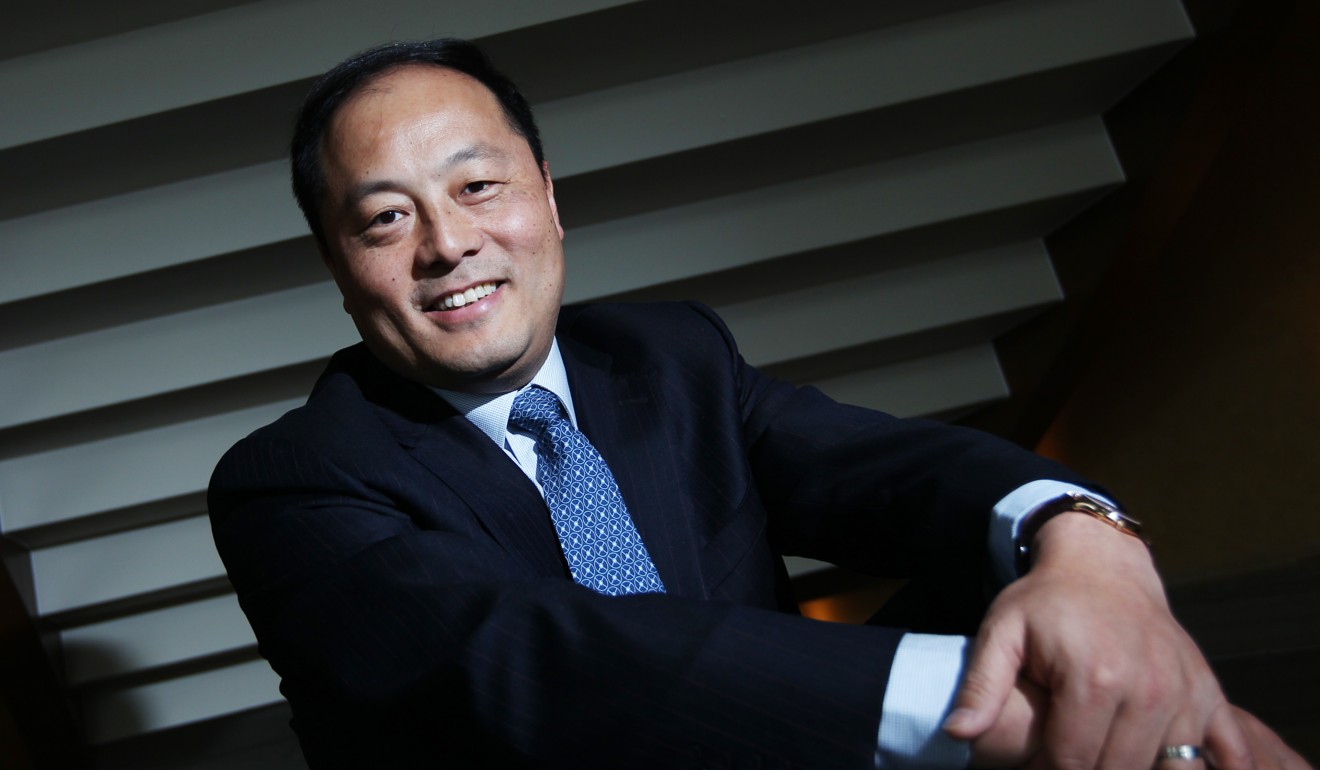
Hollywood studio STX poised to be first US firm to raise funds in Hong Kong with August IPO
STX Productions LLC, the Hollywood studio behind Jackie Chan’s The Foreigner, could go public in Hong Kong as early as August, according to the chief executive of one of its biggest investors, becoming the first US company to raise capital in the city under new fundraising regulations.
The company, based in Burbank, California, has picked Hong Kong’s capital market “because the city will offer a better understanding of STX’s business strengths, which marry Hollywood’s storytelling know-how with the Chinese market,” said John Zhao, chief executive of Hony Capital. Zhao did not divulge the financial terms of STX’s fundraising plans.

The Foreigner, which grossed US$144 million globally, was hailed as one of the most successful co-productions between Hollywood and China STX will co-develop a Jason Statham film with Tencent, and co-produce a sci-fi movie called Steel Soldiers with Alibaba Pictures, a unit of this newspaper’s owner Alibaba Group Holdings.
The studio is also represents the shift in investment strategy from buyouts to early-stage investments by Hony, the US$10 billion Chinese private equity unit of the Lenovo brand’s parent Legend Holdings. Beijing-based Hony is also an investor in New York’s co-working space pioneer WeWork, and Britain’s Pizza Express.
“We established ourselves in China through a series of late-stage buyout deals, highlighting the participation in reforming state-owned enterprises,” said Zhao, during an interview last week in Hong Kong. “Nowadays, we are increasingly involved in early-stage investment, particularly those that are involved in transforming people’s lifestyle.”
Hony closed its latest fundraising project in 2016 with US$3 billion. Part of the capital raised was invested into two companies in the so-called new economy – WeWork, as well as Bytedance, operator of China’s largest news aggregator Jinri Toutiao.
Hony led a US$500 million investment round with Japan’s SoftBank Group in a WeWork unit last July, to help its expansion throughout China and compete with local rivals. A second round of fundraising is underway, he said.
These investments were different in nature from what Hony was used to do, Zhao said.
“We put money into WeWork when it carried negative cash flow, when people were questioning whether its value. But I have no doubt that it will succeed in China,” he said.
“The new way of working and living will prevail and prosper in China, just as Starbucks has proven that it can make a lot of money selling an unfamiliar, bitter beverage to people here,” he said. “That’s because the younger generation identifies with this form of consumption.”
While Hony’s investment in the new economy, particularly smartphone-based consumption and services, has increased to 60 per cent of the total, spending on traditional manufacturing has declined to 40 per cent from 70 per cent.
“We have to stay agile as investors are becoming more sensitive to uncertainties today, when trade war tensions are escalating,” Zhao said. “Some people are more cautious about long-term investment, while some are looking for new opportunities after a new order takes shape.”
Hong Kong’s overhaul in listing regulations last year were a welcomed reform, as it provided an easier avenue of capital raising for companies with multiple classes of shares, typical among technology start-ups and new economy companies, he said.
“Trade war is definitely a bad thing. But not all the consequences are bound to be negative,” Zhao said.
For instance, it will push the Chinese government emphasising more on protection over property right and private wealth, which will help keep talent and investment at home, rather than flowing outbound, he said.

